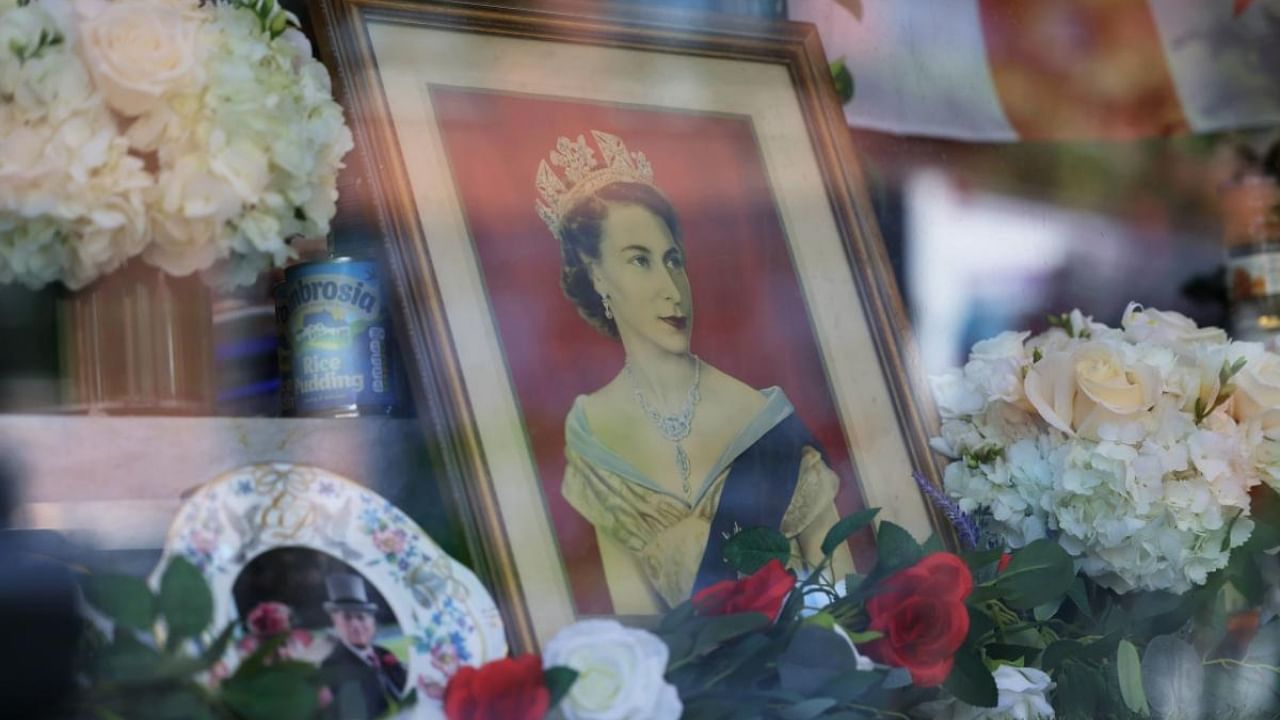
The passing of Queen Elizabeth II, the United Kingdom's longest-serving monarch, marks the end of a 70-year reign during which the UK, and the world, witnessed more rapid and dramatic changes than during the reign of any British monarch in the hundreds of years before. She was crowned in 1952. So, while World War II had ended, her reign was witness to Britain’s and Europe’s post-war reconstruction, the Cold War and the end of the Cold War. The shrinking of the British Empire began, especially with Indian independence, before she ascended the throne, but it was during her reign that the bloody liberation of Britain’s colonies in Africa happened. London retained its links with its former colonies through the Commonwealth but several opted to shake off the Queen as the Head of State to emerge republics. Alongside the shrinking of its territory, the UK saw its global stature and economic heft diminish over the decades. Fifteen Prime Ministers served under Queen Elizabeth. During her reign, the UK joined the European Union and also exited it. Public support for the institution of the monarchy declined as did that for the royal family. However, but for a few occasions, the Queen remained popular and was widely respected. Through all the dramatic changes, she was a constant and provided the UK with stability.
In the 1980s and 90s, the Queen was overshadowed by Princess Diana. The latter’s death in 1997, by which time she had emerged as a ‘People’s Princess’, saw public support for the monarchy and the Queen decline precipitously. It forced the monarchy to reinvent itself. The Queen became a bit more accessible to the public, reaching out through the media and walkabouts. Yet, the distance between ruler and ruled remained wide.
Her passing raises questions over the future of the monarchy. An institution built on fixed hierarchy and hereditary power and privilege is an anachronism in the modern world, especially in a parliamentary democracy. While the Queen’s passing has triggered a surge in emotional support for her and the royal family, discussion over the future of the monarchy can be expected to grow in Britain in the coming months and years. Queen Elizabeth was respected even by anti-monarchists. Will King Charles command the same respect? Unlike Queen Elizabeth, who avoided publicly articulating her views and largely stayed out of politics, he is known to have strong views on issues like climate change. As the UK passes through a tough period and its politics becomes more fractious, will King Charles be able to ensure, as Queen Elizabeth did, that the monarchy remains a symbol of national unity?